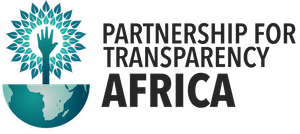The CAP program is designed to improve public services in developing countries by encouraging citizen participation in reporting corruption, mismanagement, and maltreatment through the use of information and communications technology (ICT). The information gained from citizens fosters constructive engagement with service providers through a better understanding of where, when, and what issues citizens are most concerned about.
The CAP technology is a flexible interface that collects individual feedback on public service delivery as it is submitted to UNICEF’s U-Report program, and confidentially re-distributes relevant information to community-based organizations, allowing for coordinated monitoring of development progress and accountability for action. CSOs can access confidential citizen feedback relevant to them (e.g. by locality, sector, or service center) and process the data to better identify and articulate citizen needs. CAP reduces the need for UNICEF and partners to create and sustain several independent ICT grievance redress systems by exploiting the efficiency of U-report to collectively gather and process data.
The CAP program now covers 10 sub-counties in Uganda with plans for expansion. An independent assessment measured the extent to which these investments translated into impact. Key findings confirm that:
- Health center staffing increased by an average of 20% as a result of project investments, benefitting approximately 20,000 poor families.
- Instances of bribe taking for birthing kits, bed nets and medications reduced by 15%.
- Two-thirds of the grievances resolved through CAP were achieved with no additional financial investment and just over 30% of cases actually saved public money by eliminating leakages, reducing absenteeism and recovering mismanaged and stolen funds.
The CAP/U-Report partnership has great potential for replication in other countries and sectors, as the technology can be customized by adding new features, services or dimensions. PTF-Africa is working to expand the program to new districts, countries and sectors to help remove barriers to service access and quality.



